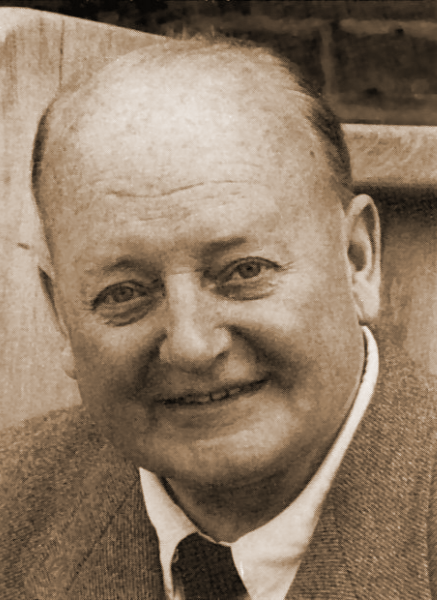Maurice Nicoll
 Jul 19, 1884 – Aug 30, 1953
Jul 19, 1884 – Aug 30, 1953
Nicoll was born at the Manse in Kelso, Scotland, the son of William Robertson Nicoll, a minister of the Free Church of Scotland. He studied science at Cambridge before going on to St. Bartholomew’s Hospital and then to Vienna, Berlin, and Zurich where he became a colleague of Carl Jung. In 1921, Nicoll was Jung’s leading exponent.
In the early 1900s Nicoll became part of Orage’s Psycho-Syntheses Group. He met P. D. Ouspenski in 1921 and attended a number of his talks. He then attended Mr. Gurdjieff’s lecture in London. A year later, in 1922, he gave up his practice to become a pupil of Mr. Gurdjieff, moving to France with his wife, Catherine, and their baby daughter. The family spent a year at the Institute for the Harmonious Development of Man at the Prieuré in Fontainebleau.
In autumn 1923 both he and his wife understood that the Institute was to close. It was suggested that he accompany Orage to teach the Work in America, but Nicoll declined and left for England, resuming his Harley Street practice. He never to met Gurdjieff again.
After recovering from a serious illness, he resumed attending Ouspenski’s weekly meetings until 1931, when Ouspensky gave him permission to teach his own groups.
Via weekly talks to his own study groups, he followed a program of work that was documented and passed on the ideas he had gathered. They were recorded by his secretary, Beryl Pogson, and later published in a six-volume series entitled Psychological Commentaries on the Teaching of Gurdjieff and Ouspensky. these books are generally regarded as authoritative.
After his death in 1953, his groups persisted under the leadership and guidance of Beryl Pogson.
Though Nicoll advocated the theories of the Fourth Way he also maintained a deep interest in essential Christian teachings, which he discusses in two books entitled The Mark and The New Man. He also wrote a profound book on time entitled Living Time.
Nicoll also authored books and stories about his experiences in the Middle East using the pseudonym Martin Swayne.
[Details courtesy of Wikipedia]